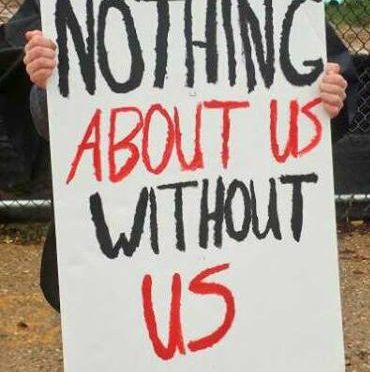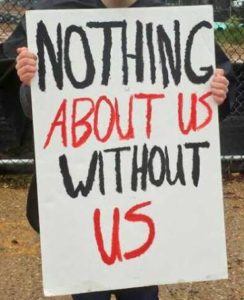Autism Self-Diagnosis is not Special Snowflake Syndrome
Recently, 4chan-flavored trolls invaded the #autchat hashtag. For the uninitiated, Autchat is a bi-weekly discussion group for Autistic people. Past topics have included friendship, autistic representation in media and strategies for coping with executive dysfunction. The community is usually warm, welcoming and a great place to learn. Instead, participants were told to commit suicide or drink bleach to ‘cure’ autism. The source of their ire? An Autchat regular and middle-aged mother of two described herself as ‘informally diagnosed.’
Autism self-diagnosis is a topic that can evoke strong feelings in many people. It isn’t unusual for adults to self-diagnose. It also isn’t unusual to get a lot of push back or even violent threats for self-diagnosis. Why does self-diagnosis make people so angry? More importantly, why do people self-diagnose in the first place? The hostility directed at self-diagnosis is, fundamentally, based in ignorance of what factors lead to its existence: Healthcare … Continue Reading ››






